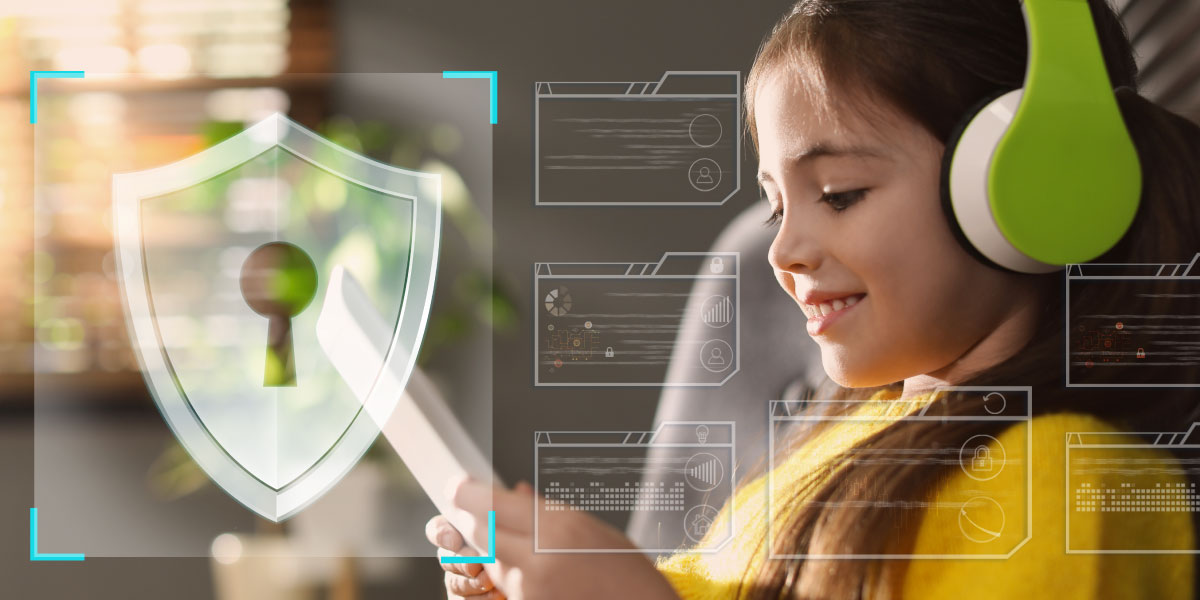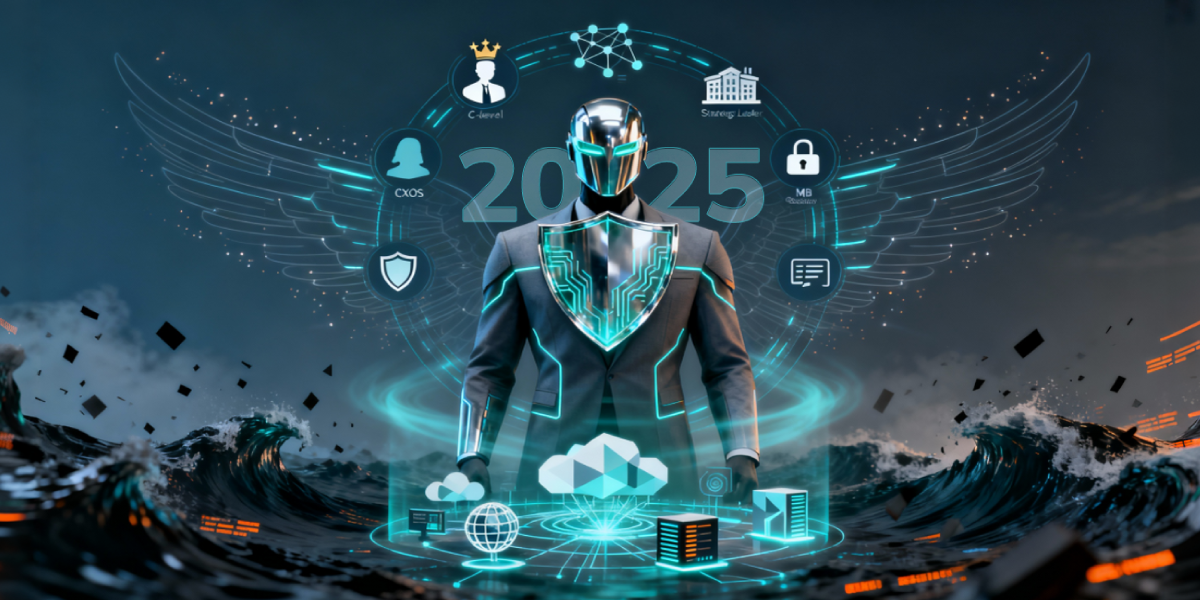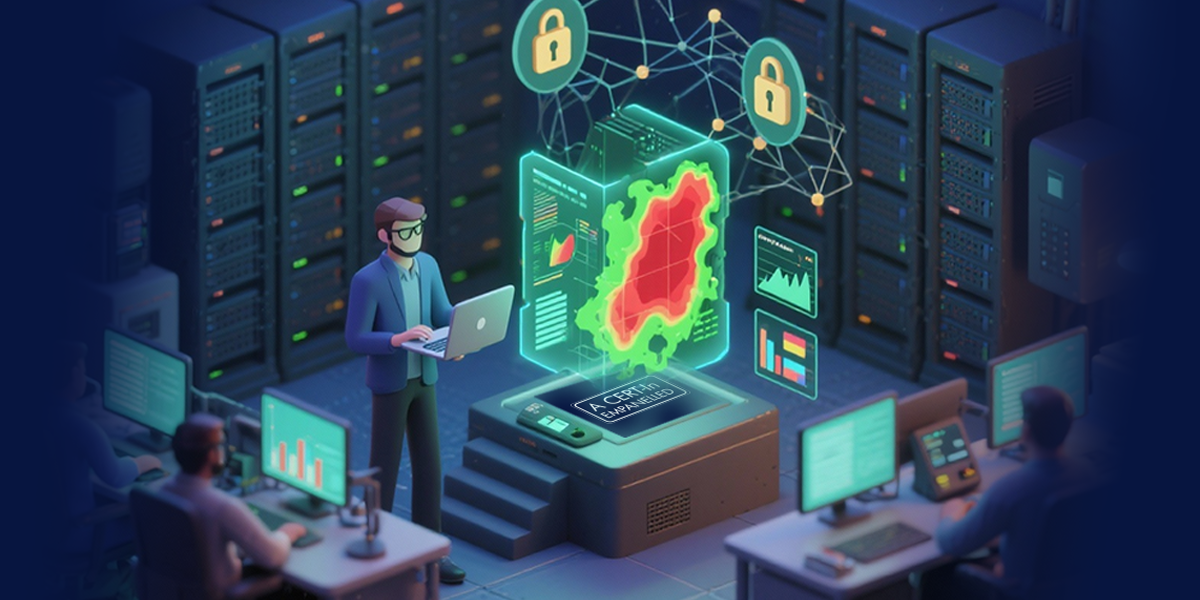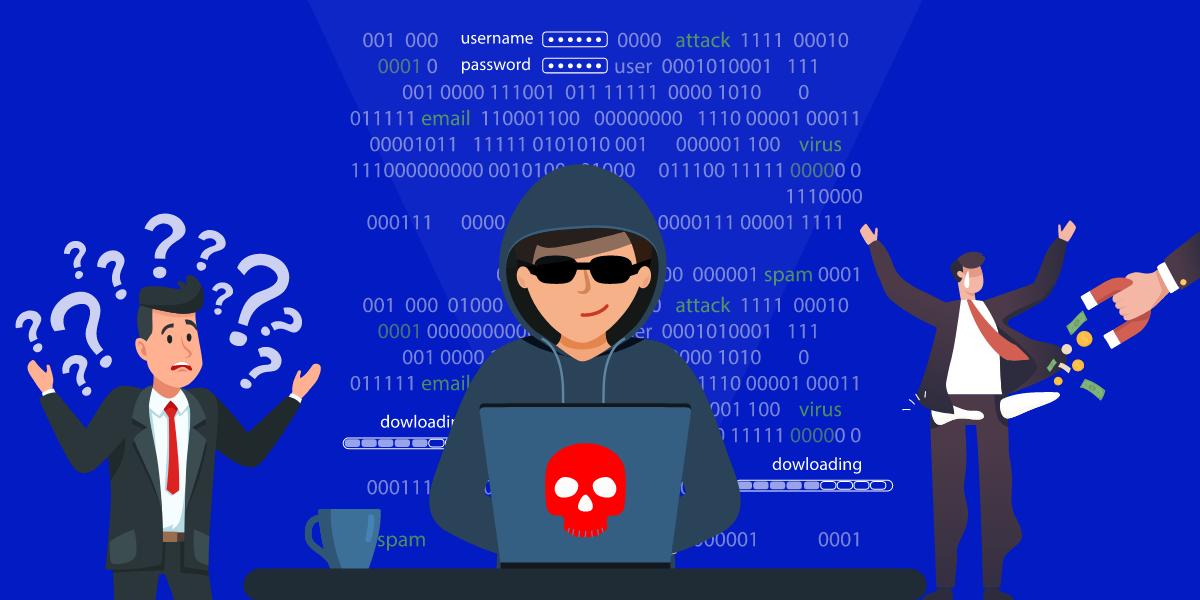Just when the new age parents were becoming increasingly concerned of their kids’ screen time, COVID 19 fueled it furthermore, with schools and colleges moving to become virtual academies. Your child’s online experience comes with huge underlying risks. Imposters and online predators pose as a lonely child or teen looking for a friend and extract sensitive, valuable data like phone numbers, address, problems in the family etc., from your child. As parents we must be aware of what our kids, see, hear and share on the internet. Some of the Best Antivirus Software like K7 Antivirus with parental control features can protect your child’s device such as the PC, Laptop & Mobile, and ensure a completely safe online browsing experience.
Protecting your child’s online experience can be a daunting task, but this can be made easy if parents stick to a few rules:
- Talk About – The most important thing a child would want from a parent is protection, a person who they can confide in and it is critical that you as a parent becomes that person they place their trust in, no matter what happens. Many times, children do not open up about their activity online fearing consequences from parents. This is a big reason why so many impostors and predators take advantage of them. Spend time talking to your child about what was interesting on the internet today, tell them that you also want to learn. This opens them up and lets them confide and trust you.
- Track Time – Get down to agreeing on a certain number of hours for browsing or gaming everyday. Ensure that you do not follow a regimen like a specific time every day. This would not set an easy pattern for online fraudsters and predators to read and predict your child’s time online. Also give or reduce time like a reward or check for their behavior that day. These kind of practices make your child’s time on the computer very unpredictable which is a good way to avoid addiction and ward off falling prey to online predators.
- Educate your child: Do not make the ‘no time’ excuse when it comes to educating your child on the dangers of the online world. Make a list of the different types of issues like scamming, phishing, cyberbullying, malware, e-threats, social media depression, pedophiles etc., and teach them what they are all about with the right examples and stories. This would empower them to speak up and know better when to ring the warning bells. Talk to them about Antivirus programs and how the best antivirus programs for laptops and computers can help them with alerts and notifications about websites and malware.
So what are these possible threats that pose a risk, while our children are online.
Contact with Predators and Impostors:
- Predators – The anonymous social media friend or a gaming lobby user or the friend in a chat room.
- Cyber bullies- Children are very sensitive to negative or disparaging remarks. They can experience this even from their very own friends or friends of friends for their pictures or status updates on social media. Cyber bullying is now becoming a common curse and children especially teens are unable to cope with it.
- Scammers – Who trick your children with attractive and luring emails and extract sensitive data about their age, sex, address, phone numbers, parent’s occupation and information about their school or class.
Security Problems:
- Unwanted pop-ups, and ads – These get automatically installed when freeware programs are downloaded. Not only are these pop-ups annoying or disturbing, they also contain spyware. Some of the best antivirus programs for laptops and other devices can completely eliminate unwanted pop-ups and ads, aiding a better browsing experience.
- Drive-by downloads – Malicious programs can automatically get downloaded and installed in your child’s computer just by visiting a website.
- Infections due to Malware – These programs usually give others the access to your child’s computer or device and happen when files are being shared.
Inappropriate Content:
- Obscene or age inappropriate content – Foul language or abuse of drug or alcohol.
- Sexually explicit content – explicitly pornographic materials, images or videos
- Violent content – Extremely crude violence and bloodshed inappropriate for age
- Parental Control Programs: Some would agree that this is the right way to introduce your child to the online world and yet some would say that’s not the way to go, as the child will never learn what’s really out there. While they come as a range of different types of control, they essentially have three levels, which are controls at the network level; device level and the third, application controls. Some parental controls have web apps with a checklist that can be personalized too. These parental control tools also come with complete user guides and how-to videos making installation and monitoring simple even to the parent who is a newbie on the internet or to apps like these.
Actions that pose a risk to your child’s online safety
- Virtual Worlds – Most engaging and addicting, Virtual worlds, come in a variety of ways, they can be huge multi-player games or different types of online communities where the player/user dons an ‘avatar’ or a character just for the game. This makes it very difficult to know who the person behind the avatars is. The anonymous nature of these characters or user id, gives them the courage to act out behaviors that can be inappropriate. This behavior can be violent, bully or sexual. Ensure that you also know the virtual world of your child, your child’s avatar and the other users in their gaming lobby or chat rooms.
- Downloading Apps – The best way to protect your kids from app based online security issues is to know about the app before downloading it. Understand that apps can access all types of data right from your call logs, emails, device’s unique location and calendar data. Read the ‘permissions’ on the app before you download it. Hackers also create apps that can infect your device. The computer can start sending emails and messages you did not send or download other apps with malware. Research well before you buy the best antivirus for your laptop or computer and protect yourself and your child from hackers.
- P2P File sharing – Peer-to-peer file sharing also poses many risks especially when you only know the person online. There could be anything on a file. Virus, malware, violent or sexually inappropriate content. Many file-sharing programs hide malware on your child’s device and allows criminals to monitor their online activity. It is important to understand the inherent risks in P2P sharing and take steps to minimize or control them. This can be done by:
- Installing the Best Antivirus on your child’s Laptop or computer
- Opting for Parental Control Apps, tools or features
- Understanding File Sharing Policies.
- Socializing Online – The biggest of all virtual worlds is the social media world. Teens particularly have a huge fascination for likes, comments and followers. Social Media platforms are also the perfect place for trolling and cyberbullying. Messaging features have all types of file sharing properties which include videos, pictures and video calling too, making it a vulnerable place for your child to socialize. Know more about your child’s online socializing habits, friends and messaging habits. Using good parental control tools can also limit your child’s online socializing time while also allowing you to follow their online conversations.
Ensure your child’s safe online experience by keeping yourself and your child aware of the lurking online dangers and the necessary actions to take to prevent them. Listen to your children and give them the attention they need. Sometimes their actions speak louder than words. Remember, a child neglected in the real world, turns to the online world for attention.











